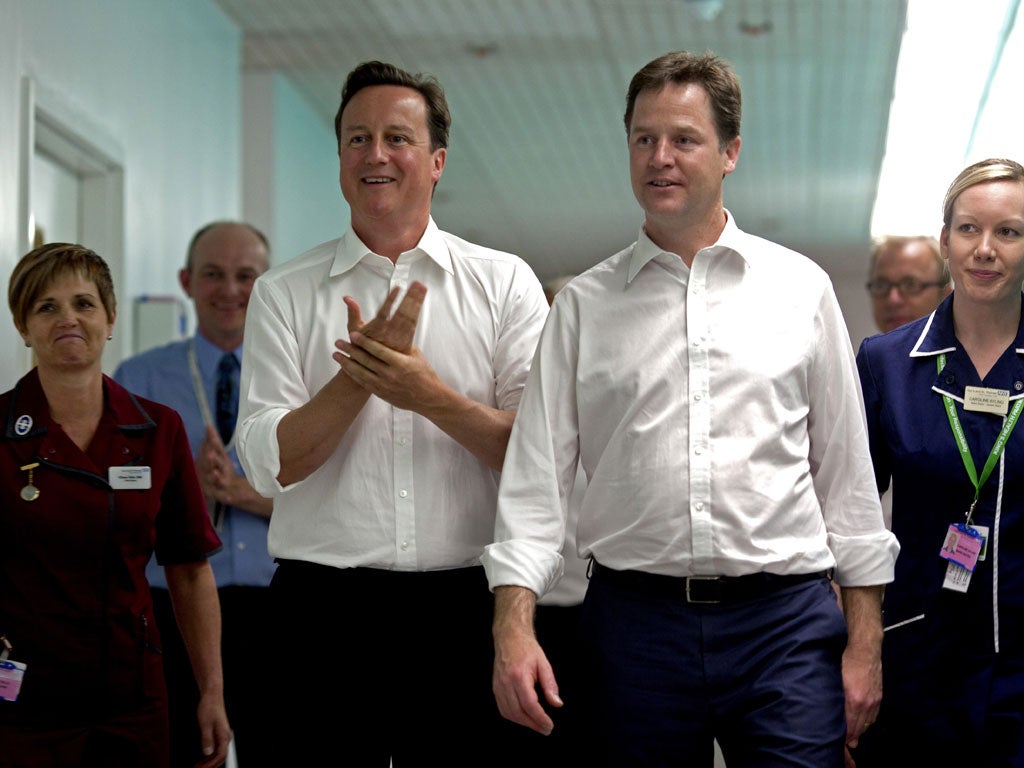Public-sector salary cuts 'will widen pay gap between men and women'

Controversial measures announced in the Budget will lead to a widening of the pay gap between men and women, reversing the long-term trend towards workplace equality for the first time.
Campaigners and unions said the Government's determination to reduce public sector pay outside the south-east to market levels will hit women much harder than men, with some female workers fearing they may lose up to a fifth of their current salary.
The move is aimed at boosting private-sector job growth and cutting the state wage bill. But findings by i will renew pressure over the fairness of last week's Budget and fuel criticism of the Coalition, which is accused of letting women bear the brunt of its austerity measures.
Chancellor George Osborne is accused of ignoring huge differences in the regional public-sector premium between men and women in his own evidence submitted to the pay review bodies and threatening to end the narrowing of the gender pay gap for the first time since records began in 1997.
The Cabinet Office report includes a study by the Institute for Fiscal Studies (IFS) which shows women in the public sector enjoyed an average boost of 11.3 per cent in their salaries across the UK compared with the private sector.
Their male colleagues' pay was just 5.5 per cent higher nationally over the same period. But the regional analysis shows that in some areas the premium for female workers was far higher.
Although the study did not address the issue directly, Wenchao Jin of the IFS said reducing wages equally for men and women across the public sector would increase the average gender-pay gap in the economy as a whole.
"Whatever happens to public-sector wages tends to affect the average female wage more [than the male average], simply because women are more likely to be working in the public sector," she said.
Dai Hudd, deputy general secretary of Prospect, the union for public-service professionals, said Mr Osborne's plan would lead to an exodus of skilled, white-collar workers from the nation's regions and "drive a stake through the heart" of the UK.
But the impact on women will be particularly hard felt, it was claimed.
Anna Bird, deputy chief executive of the Fawcett Society, said: "Driving down public-sector pay to reflect private rates will cancel out many gains made for women's pay in recent years."
Subscribe to Independent Premium to bookmark this article
Want to bookmark your favourite articles and stories to read or reference later? Start your Independent Premium subscription today.

Join our commenting forum
Join thought-provoking conversations, follow other Independent readers and see their replies